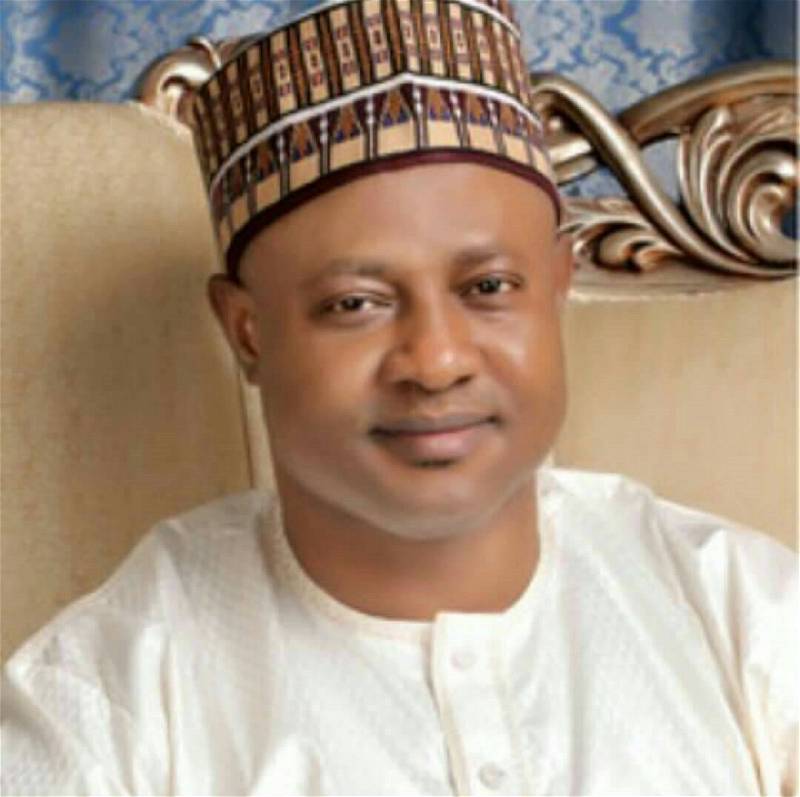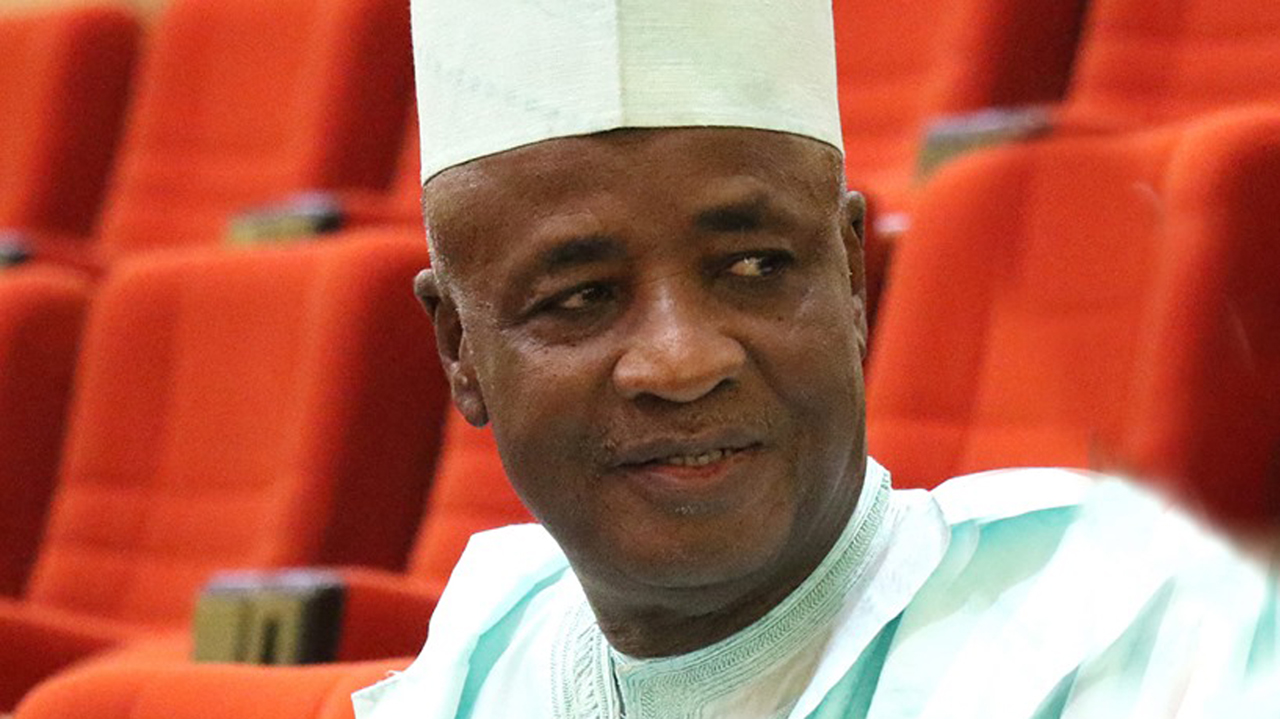“Lack of statistics is to hide inconvenient facts” Albert Bertilsson
Everyday there are all manners of projections – about housing needs, unemployment numbers, etc by the different levels of governments,most especially by the federal and state governments which are captured in budget estimates,but which are never realized. The reason budgets fail is squarely due to lack of statistics for planning and not funding. For instance there is no denying the fact that infrastructure is crucial to Africa’s growth prospects,nor can one ignore or deny the ever growing need for infrastructure in Nigeria,but what we have are approximations, and not hard facts that are critical for planning. It will be great delight to hear governments speak authoritatively that only 30% of the population has access to electricity and that only 10% has access to safe water and sanitation. Only then will budgets achieve their objectives. Despite an estimated shortfall of nearly $100 billion in infrastructure investment in Africa, lack of financing is not the biggest problem.
The logical question is how do you provide,without facts? And once governments start asking this question,like Nasir El- Rufai has consistently been asking, the result will be the establishment of statistical agencies responsible for managing all sets of data and statistical activities agencies like the Kaduna Bureau of Statistics,which has been tasked with ” overall responsibility that relate to official statistics in Kaduna State ranging from data collation, collection, analysis, interpretation, researches, and coordination of statistical activities, which will aid policy formulation, development planning and evaluation of accomplishment”
Kaduna State using numerical evidence has drawn very valid conclusions,which are captured in in its Development Plan. For instance ,the Kaduna State Development Plan 2016-2020,which reflects the policy priorities, and outlines the government aspirations of being the investment destination and food basket for Northern Nigeria is unequivocally clear that economic development of the State will be anchored on agriculture, due to its capacity to provide employment to its teeming unemployed population, address food security and a source of raw materials for agro – processing industries.The Kaduna State strategy is based on statistics,that about 80-85% of its 15 billion GDP is accounted for by agriculture,which also accounts for 42.7% of total employment of its people.
This is what has informed its latest effort – the setting up of the Kaduna Produce Management Company (KADPMC),in conjunction with the private sector – in ensuring that Kaduna State youths are not only attracted,but retained in agriculture. The mandate of KADPMC is to provide support for famers in a way that rewards output and encourages farmers to produce more. Every farming season KADPMC is expected to announce the minimum guaranteed price it would offer farmers in Kaduna State for selected crops such as maize, ginger, soya beans, sorghum and tomatoes in the 2018 cropping season. And when necessary acting as a buyer of last resort.It will also be responsible for produce aggregation, storage and quality control services which the old commodity and marketing boards used to provide for farmers and buyers.
The benefits of the Kaduna State initiative is that farming will be boosted and value chain energized and raw materials will be readily available to serve the agro-cluster in the Green Agro-Allied Industrial Zone (GAAIZ) that has Olam’s poultry project and OCP Africa’s fertilizer operations as anchor tenants. This practical way of making farming attractive to young people,a major talking point in development circle,especially as the farming population are ageing and youths, especially young graduates, seem put off by the low returns associated with farming,are benefits if statistics. Farming must appear cool and profitable business. And kaduna State is doing just that by focusing on the challenges that had discouraged them from taking to it,with the overall objective of ensuring sufficient return on investment and labour.
Should States rely on the National Bureau of Statistics figures? The answer is yes,if they want to generate quality statistics that are objective,timely, effective and that is in line with its objectives. And because statistics facilitates the creation of new knowledge. For instance, the Budget Office had put the performance of the 2017 Budget at over 40%, a position the Senate disproved with its own facts. Without its own facts it wouldn’t have debunked the budget office claims. While the federal government was claiming 40% the senate figure showed a budget performance of 15% . While there is need for collaborative efforts the fact remains that the federal government focus would always differ from that of states,because their motivations are different.
So when the Kaduna State Government Development Plan 2020 indicates that the state needs about N638.7billion to address its infrastructural challenges,which doesn’t include maintenance costs,it is standing on solid grounds,a result of studies. Unlike the whimsical statement by the Lagos State governor Akinwunmi Ambode.
At a lecture he delivered at Harvard University October last year, Ambode unveiled a plan to create at least 250,000 jobs per annum. Fine on paper but how? And this is because he lacks the vital figures. Undoubtedly Lagos needs to create a 1 million job,but in what area? In knowledge or agriculture- these are the unanswered questions.
But statistics is not the end of matter, if the commitment and goal is enhanced service delivery,then the states must imbibe retreats. Because retreats provide leaders the opportunity to lead, to clarify the mission,to ask for and weigh ideas, step back and look at how the team is performing, and discuss changes to improve the necessary areas. And kaduna State under El – Rufai has done well in engaging government officials in more collaborative and generative ways. Retreats focused on assessing the performance of the last one year and the next one year- have become routine since he became governor. The outcome of leadership is service, and the results are glaring better organizational structure and solid foundation.
In 2015, the Kaduna State Executive Council declared a data revolution and has since invested heavily in establishing the State statistical system. And to fill the gaping hole in the State’s data, the Bureau has conducted a range of innovative new surveys in critical sectors – health,labour,living standards. Currently it is working on attracting more local and foreign investment to the agricultural sector. The Re-Validation of Agricultural Investment Plan would help government to provide the needed impetus in the area of infrastructure, land availability and financing for both small-holder and large scale farming in the state. Gradually the state has institutionalized the role of data in planning and monitoring of government policies.
The United Nations didn’t do Kaduna State a favour when in 2017 it invited the state to present its Sustainable Development Goals (SDGs) Report at the UN General Assembly,thus becoming the sub national government in the world to launch its SDGs data and strategy development,which highlighted key policy actions.
And these are integrated in the 2016-2020 state development plan. The objective is to improve the lives of the residents of the state,by providing comprehensive targets for all aspects of development and coordinating the efforts of all actors. If all goes well , Kaduna hopes to achieve its potentials by the 2030. The modest gains Kaduna State has recorded in its desire to achieve inclusive economic growth and socio-economic transformation that translates into substantial improvements in the quality of lives of citizens, through higher productivity and competitiveness are attributable to planning and planning with hard facts.




